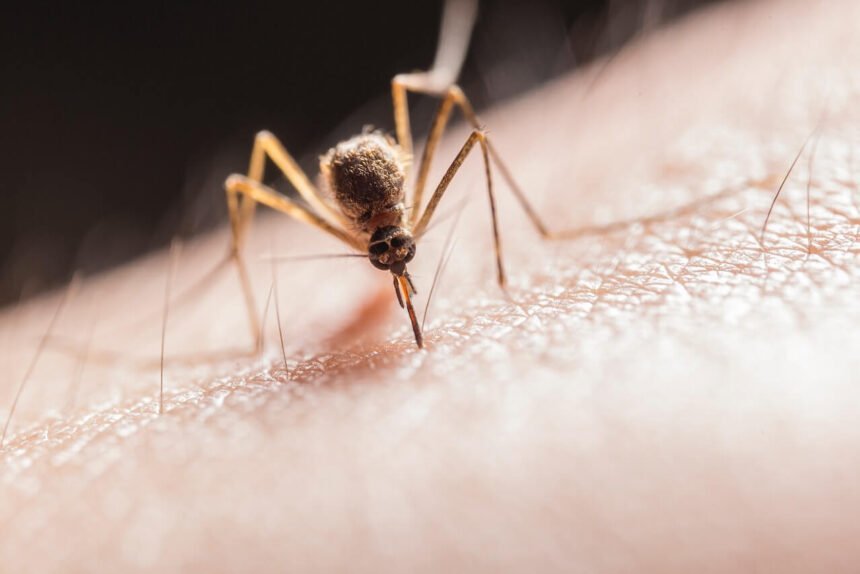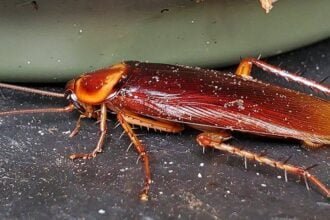Mosquitoes are notorious pests that may spread dangerous illnesses to people and other animals via their irritating bites. Many people only think of them as a source of itchy bites, but learning about their diet is crucial to understanding their influence on ecosystems and human health.
Both male and female mosquitoes have various diets at different times of their life cycle, and contrary to common assumptions, only female mosquitoes feed on blood. In this piece, we’ll investigate mosquitoes’ taste in food and its implications in the wild.
Nectar and Plant Juices
Mosquitoes are important pollinators since both males and females eat predominantly on nectar and plant fluids. These insects have the majority of their energy needs met by the carbohydrates found in nectar. Their proboscis, which functions like a straw, allows them to suck up the sweet nectar from flowers.
Sugar Sources
Mosquitoes get their sugar fix from nectar and other sources, such as the sweet honeydew secreted by aphids and other plant-sucking insects. Mosquitoes may get the glucose they need from other sources, such as the secretions of fruits and plant sap.
Blood Meals
Only the female mosquito needs blood to produce eggs, hence only females will actively seek out a blood meal. Female mosquitoes, in contrast to males, have mouthparts adapted for piercing their victims’ skin. Female mosquitoes inject anticoagulants into their host’s bloodstream via their saliva.
It’s worth noting that not all mosquito species are bloodsuckers. Some insects are more at home sucking the blood of birds, reptiles, amphibians, or even other species of insects. Different mosquito species have widely varying host preferences, which are affected by variables including the variety and number of potential hosts in their natural environment.
Breeding Sites
The larval feeding habits of certain mosquito species, including those of the genus Toxorhynchites, are rather interesting. They are predators rather than foragers, feeding on the larvae of other mosquito species as well as algae and plankton found in the water around their nesting grounds.
These predatory mosquitoes play an important role in maintaining the ecological balance in their environments by controlling mosquito populations by feeding on mosquito eggs.







